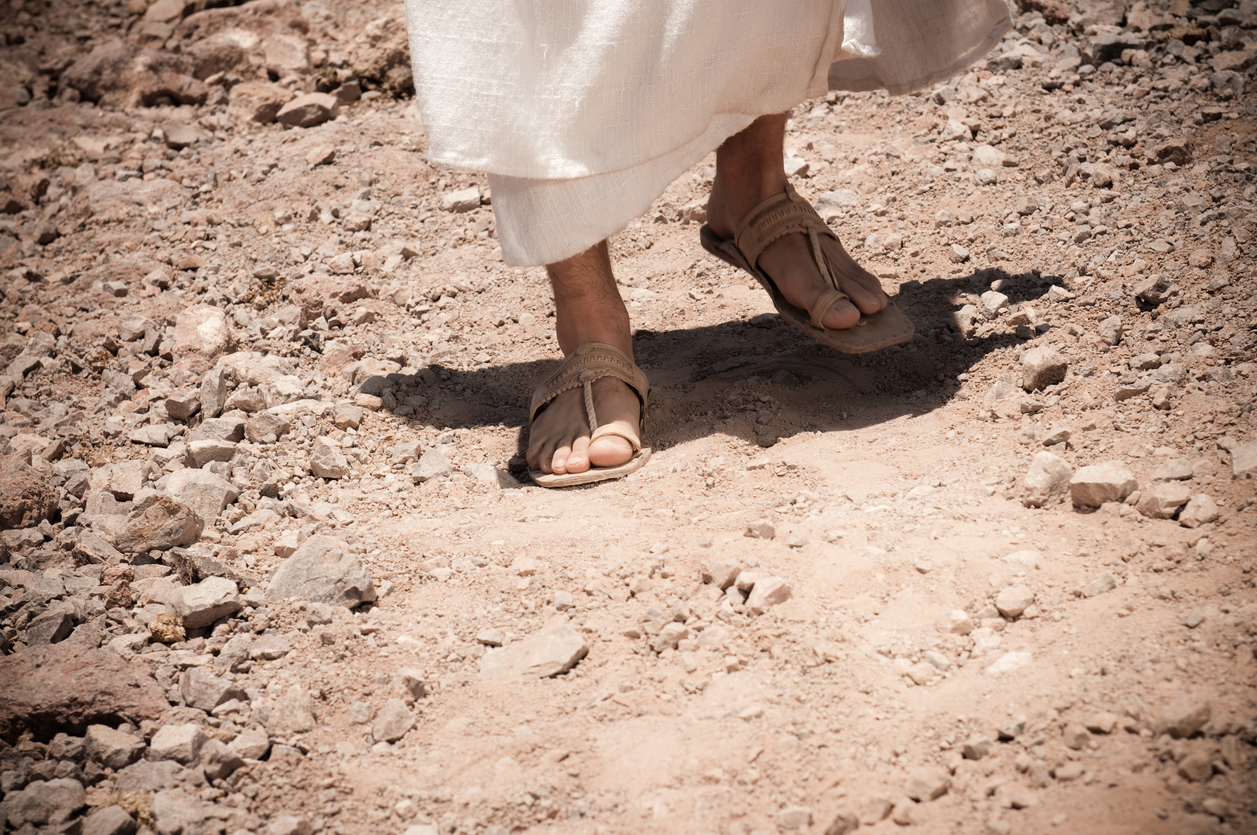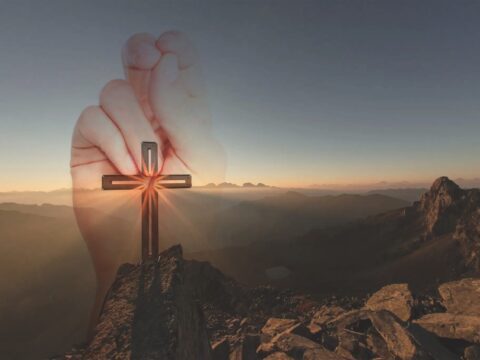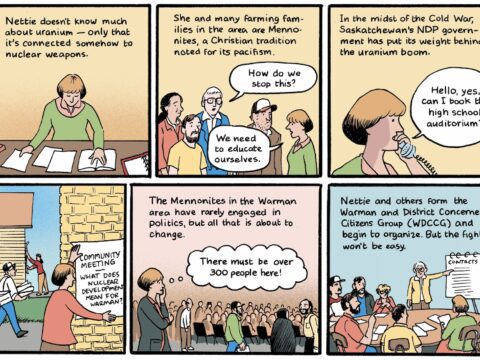If the defining conflict of the 21st century is indeed the titanic clash between humanity and a finite planet, how would a charismatic, crucified Jew from 2,000 years ago fit in today?
Let’s take a look at the New Testament. We learn that the wilderness shaped Jesus. He loved nature and taught from it: “Don’t worry….Look at the birds of the air” (Matthew 6:25-26). Nature renewed his energy as he prayed.
You may unsubscribe from any of our newsletters at any time.
It is the importance of the “home” in his ministry, however, that lets us claim Jesus as green. In Luke 9:58, Jesus says, “Foxes have holes, birds have their nests, but the Son of Man has nowhere to lay his head.” He then tells a parable about a forgiving God and a prodigal son who has the courage to come home after wasting his inheritance. To comfort those who fear death, Jesus promises: “In my Father’s house, there are many rooms.” Homes are made from relationships, not walls, and life depends on homes.
The Greek word for house — oikos — has given us three vital words: ecology (studying the life of the house, if you will), economics (managing the house) and ecumenical (the relationships within the house). The green perspective that biology, money and relationships are related fits easily with our memories of Jesus. He too spoke about oikos.
For Jesus, what was true for the temple is true for the planet. Jesus knew he had to confront the scandal of temple life in Jerusalem. Some environmentalists disrupt daily life through sit-ins and blockades; arguably, Jesus would have approved.
Want to read more from Broadview? Consider subscribing to one of our newsletters.
These activists see how important the systems that give us life truly are. In the 1970s, two scientists formulated the Gaia hypothesis, which highlights the crossovers between living systems, geology and the atmosphere. Humans belong to this greater self-sustaining reality, but we are struggling to share the planet as a home for all.
The writers of the Bible offered many new names to describe how God is at work. It will take a new name for Jesus to be seen as an environmental hero. It can only come from his actions. Jesus spoke of living a paradigm shift and of surpassing tribalism and loving our enemies. But consider how Jesus was eventually nailed to a cross. The cross, then, is symbolic of a new reconciliation.
Jesus was always a member of the green movement, searching for social and structural change. Small gestures are only the start; ultimately, human activities and nature must be reconciled. We are to come home to the planet, as the prodigal species who has spoilt our inheritance. The Gospel is the joy of our arrival — and that nature will forgive.
Jesus Christ becomes Jesus Green. Jesus Green is risen.
***
Rev. Neil Whitehouse is a minister at Westmount Park United Church in Montreal.
This story first appeared in Broadview’s April/May 2023 issue with the title “The gospel of Jesus Green.














I believe that humans and nature should live in harmony, but to say that Jesus was an overlooked conservationist is a little like answering the question: “If Jesus were on earth today, what kind of car would he drive?”
Personally, I think he would ride a donkey, but others have different opinions. Some believe he would drive a Honda Accord but wouldn’t talk about it. See John 12:49: “For I did not speak of my own accord…”
Others say he would drive a Plymouth, because he drove the moneylenders from the temple “in a fury.”
So if Jesus the conservationist were alive today, what environmental organization would He support?